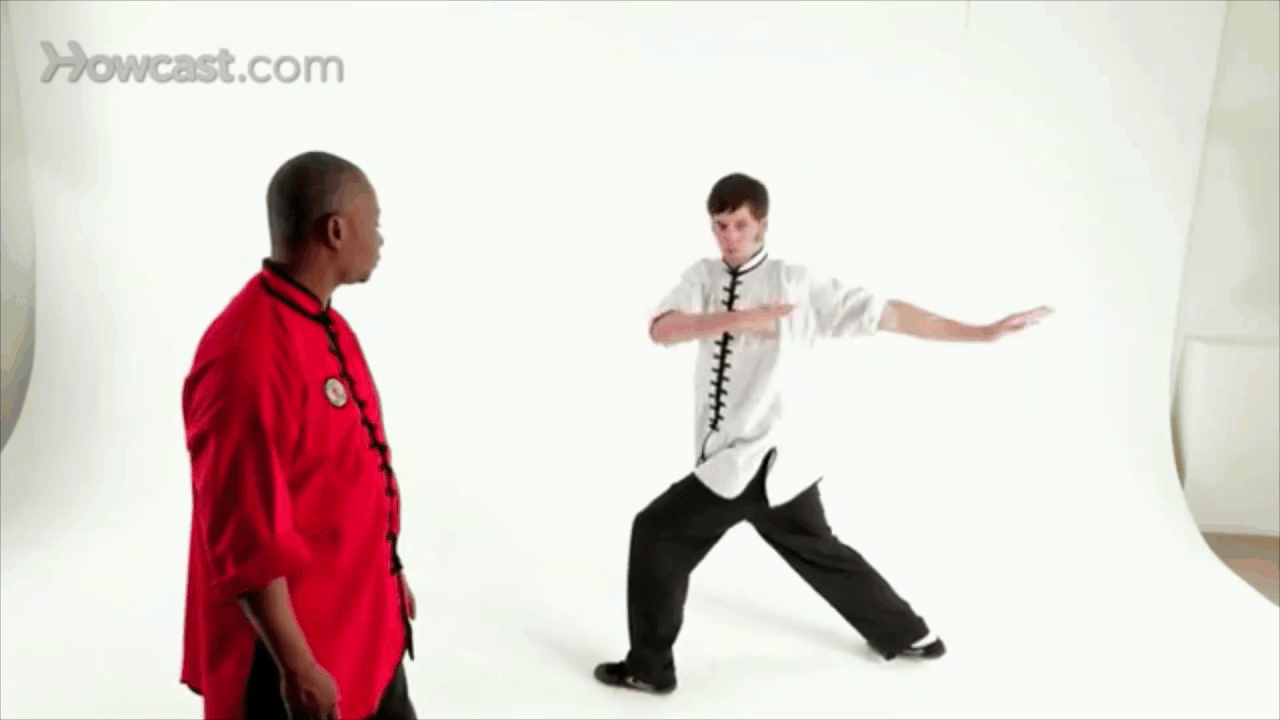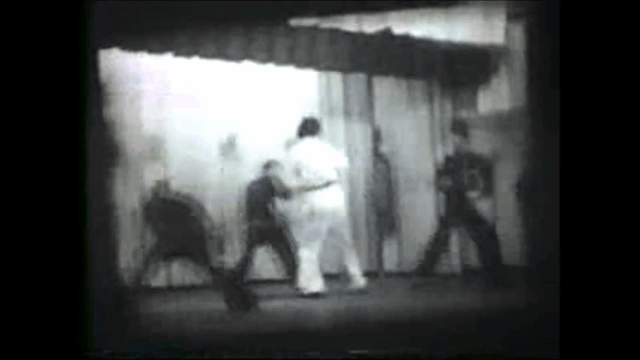Damien
Blue Belt
Oh definitely, you could be illiterate and a genius level martial artist. My point was that those who are illiterate and uneducated are less likely to be very articulate in their explanations (limited vocabulary, limited array of wider concepts to draw on for analogies). Some concepts can be confusing, and some techniques need precise movement. These things need a very clear explanation to understand.One thing to keep in mind: you do not need to be formally educated or even literate, to be intelligent and highly educated about a particular topic(s). Members of pre-literate societies certainly knew their business, whether it was farming or animal husbandry or hunting or making a home (just to make a few examples), or the practice of combative methods.
Equally their students from the same place are less likely to understand explanations that are articulate, as they would be uneducated and illiterate too. How likely is it that every generation has someone who intuitively understands martial arts on such a level that good explanations are not needed?
This is one reason why you see mistakes creeping in to styles, or movements being lost to time, or things being dismissed as useless; they haven't been explained well enough and/or the learner hasn't understood the lesson well enough.
I believe this is the reason that most Shaolin practitioners have never heard of Yao Bu, let alone know how it differs from (the 2 versions of) Gong Bu. At some point someone (or likely multiple people) didn't understand the explanation of the two stances well enough and we end up with them and all their students doing a weird amalgamation stance and calling it Gong Bu. These individuals then went on to teach others and you ultimately end up with everyone in the temple doing it this way. Now we've got people all round the world doing Ma Bu to "Gong Bu" twists with a front arm strike, which biomechanically doesn't make sense. Gong Bu as a lunge, and Yao Bu have been forgotten except in the villages which stopped cross-pollinating martial arts with the temple before this took hold.


